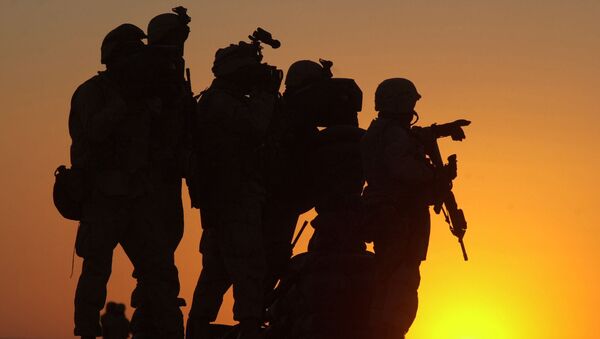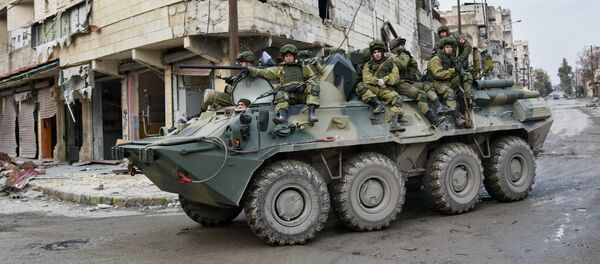"For good reasons or not, we kept finding ourselves in such missions abroad. Nor is there any reason to think that the rest of the 21st century will see less demand for messy operations, which, when difficult, tend to require at least a limited US role," the analysts noted.
O'Hanlon, a senior fellow at the Brookings Institution, and Dr. Stacey, a former State Department official in the Obama administration, observed that Washington has not been prepared to deal with counterinsurgency, stabilization missions and nation building operations since US leadership arrived at incorrect conclusions.
"After World War II, we dramatically cut capabilities and were not ready for Korea (which was mostly a war, rather than a complex mission, but a different type of combat than we'd recently seen.) After Korea, we failed to see the writing on the wall and went back to preparing for high-end combat with tanks and even nuclear weapons, and thus were not ready for counterinsurgency in Vietnam," they said, also citing operations in Lebanon, Somalia, Iraq and Afghanistan.
"The rest of the government took notice as well. What had always been fledgling efforts in the Department of State and related agencies to build up a capacity for large-scale stabilization missions were largely ended, in keeping with the president's guidance and Capitol Hill's ensuing budgetary directives," they added.
"In a standard post-conflict scenario, reforming security forces and establishing the rule of law are crucial. Civilian experts in these activities are essential. They are also essential in conflict prevention deployments," they explained.
The analysts also urged the Trump team to the International Stabilization and Peacebuilding Initiative (ISPI), a group of governments and international organizations committed to enhancing civilian peacebuilding capacity.
Never miss a story again — sign up to our Telegram channel and we'll keep you up to speed!




